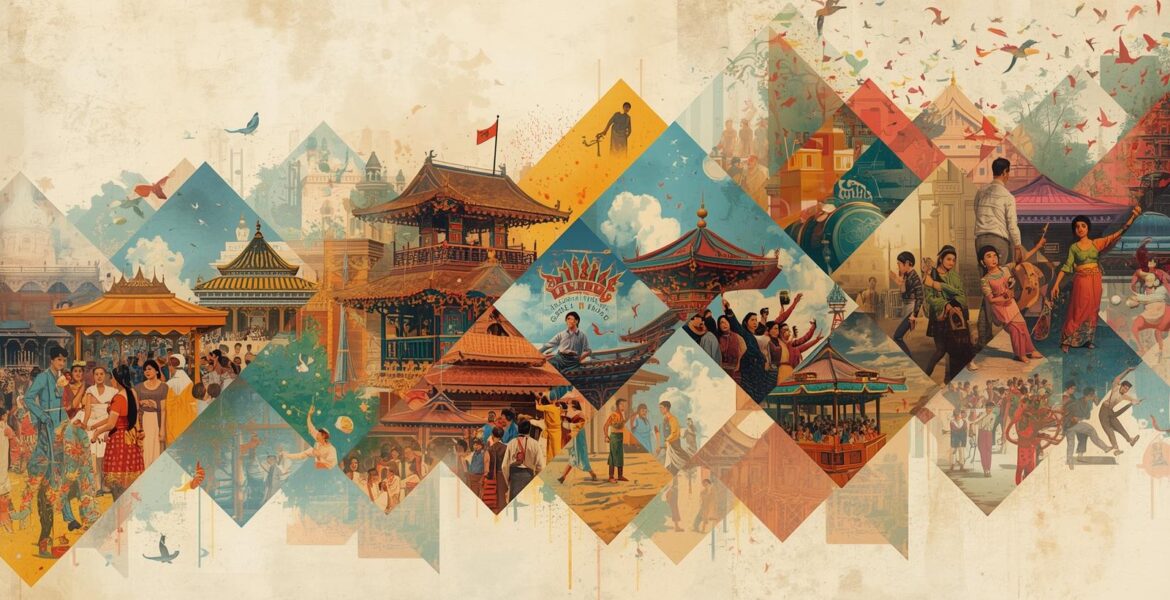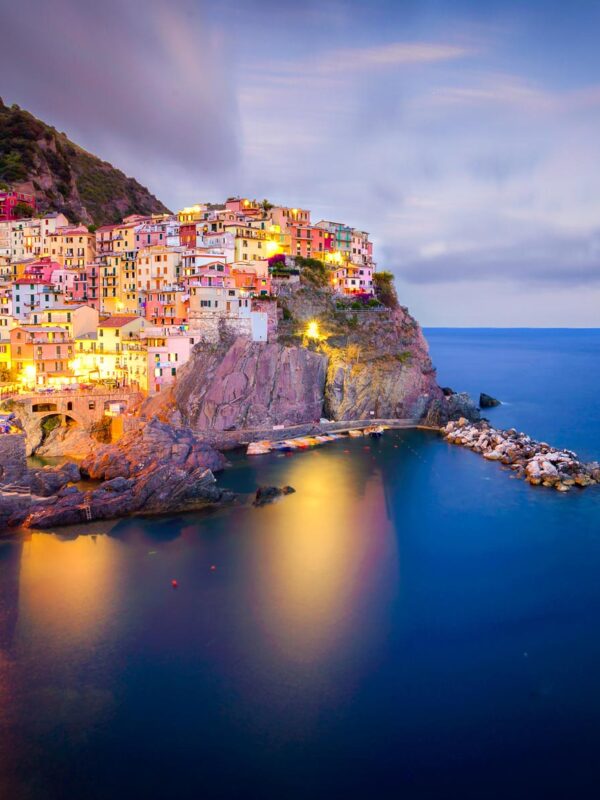Throughout history, cultural festivals have served as vibrant expressions of community identity, showcasing a rich tapestry of traditions, beliefs, and customs. These celebrations have evolved over time, adapting to societal changes while retaining their core essence. As travelers, exploring these festivals offers an unparalleled opportunity to connect deeply with the spirit and heritage of a place. This article delves into the fascinating evolution of cultural festivals, highlighting their significance and transformation across different eras.
In ancient times, cultural festivals were deeply intertwined with the rhythms of nature and the agricultural calendar. Harvest festivals, solstice celebrations, and religious ceremonies honored deities and sought divine favor for bountiful crops. These events were communal affairs, fostering unity and shared purpose among participants.
The earliest festivals were steeped in ritualistic practices, with ceremonies often involving music, dance, and offerings. For instance, the ancient Greek festival of Dionysia celebrated the god of wine and fertility through theatrical performances and processions. Similarly, the Roman Saturnalia, an exuberant midwinter celebration, temporarily dissolved social hierarchies, allowing for a sense of equality and revelry.
With the rise of organized religion during the medieval period, festivals took on new meanings. Christian feasts, such as Easter and Christmas, were integrated into existing pagan celebrations, giving birth to new traditions that blended sacred and secular elements. These events were characterized by elaborate processions, pageantry, and communal feasting.
During this era, pilgrimages became a central component of religious festivals. Devotees traveled to holy sites, seeking spiritual renewal and miracles. The veneration of patron saints also became widespread, with festivals held in their honor featuring relics, parades, and theatrical reenactments of their lives.
The Renaissance and Baroque periods witnessed a flourishing of arts and culture, reflected in the grandeur of festivals. Royal courts organized lavish spectacles, showcasing the finest music, theater, and dance. These celebrations were not only expressions of power and wealth but also platforms for artistic innovation.
Carnivals emerged as prominent cultural events during this time, blending elements of satire, disguise, and excess. The Venetian Carnival, with its opulent masks and costumes, became a symbol of artistic freedom and social commentary. These festivals offered a temporary escape from societal norms, allowing participants to explore new identities and express themselves creatively.
The modern era has seen cultural festivals evolve into dynamic platforms for cross-cultural exchange and global understanding. As societies became more interconnected, festivals began to incorporate diverse influences, reflecting the multicultural nature of contemporary life.
Today, many traditional festivals have experienced revivals, with communities seeking to preserve their heritage in the face of globalization. At the same time, new festivals have emerged, celebrating contemporary themes such as environmental awareness and social justice. These events often feature a blend of traditional and modern elements, creating a unique fusion of past and present.
In today’s fast-paced world, cultural festivals offer a vital reminder of the importance of community, continuity, and connection. They provide a space for reflection, celebration, and dialogue, fostering a sense of belonging and shared identity.
For travelers, participating in cultural festivals is an enriching experience that goes beyond sightseeing. It offers a chance to engage with local communities, learn about their customs, and participate in age-old traditions. Whether it’s dancing in the streets of Rio during Carnival or witnessing the serene beauty of Japan’s cherry blossom festivals, these events create lasting memories and deepen one’s appreciation for diverse cultures.
Cultural festivals, with their rich histories and evolving narratives, continue to captivate and inspire. They remind us of the beauty of human creativity and resilience, offering a glimpse into the soul of a community. As we journey through time and space, let us embrace these celebrations with open hearts and minds, seeking to understand and honor the diverse tapestry of cultures that make our world so wonderfully unique.
By attending cultural festivals and engaging with local traditions, travelers can forge meaningful connections and contribute to the preservation of cultural heritage. In doing so, they become part of the ongoing story of these festivals, ensuring their legacy for future generations.
Whether you are a travel agent curating bespoke experiences, a lifestyle influencer seeking fresh content, or a hotel manager aiming to attract discerning guests, understanding the evolution of cultural festivals can enhance your offerings and create unforgettable experiences for those you serve.


